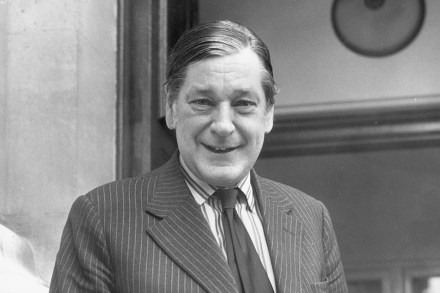A gripping psychological thriller: The Birthday Party, by Laurent Mauvignier, reviewed
Imagine a Stephen King thriller hijacked by Proust. Clammy-handed suspense, nerve-shredding tension, but related in serpentine, elegant prose, each climax held suspended – deferred gratification. What Javier Marías did for the spy story, Laurent Mauvignier does for terror. It begins quietly, with an ominous sense of something waiting to happen. An isolated hamlet in deep rural France; just three houses, one empty, one occupied by a family – Patrice, a farmer, his wife Marion and ten-year-old daughter Ida. In the third, Christine, an elderly bohemian artist, enjoys the seclusion with her dog for company. Each of these characters in turn will take up the narrative in a tortuous relay race.





















